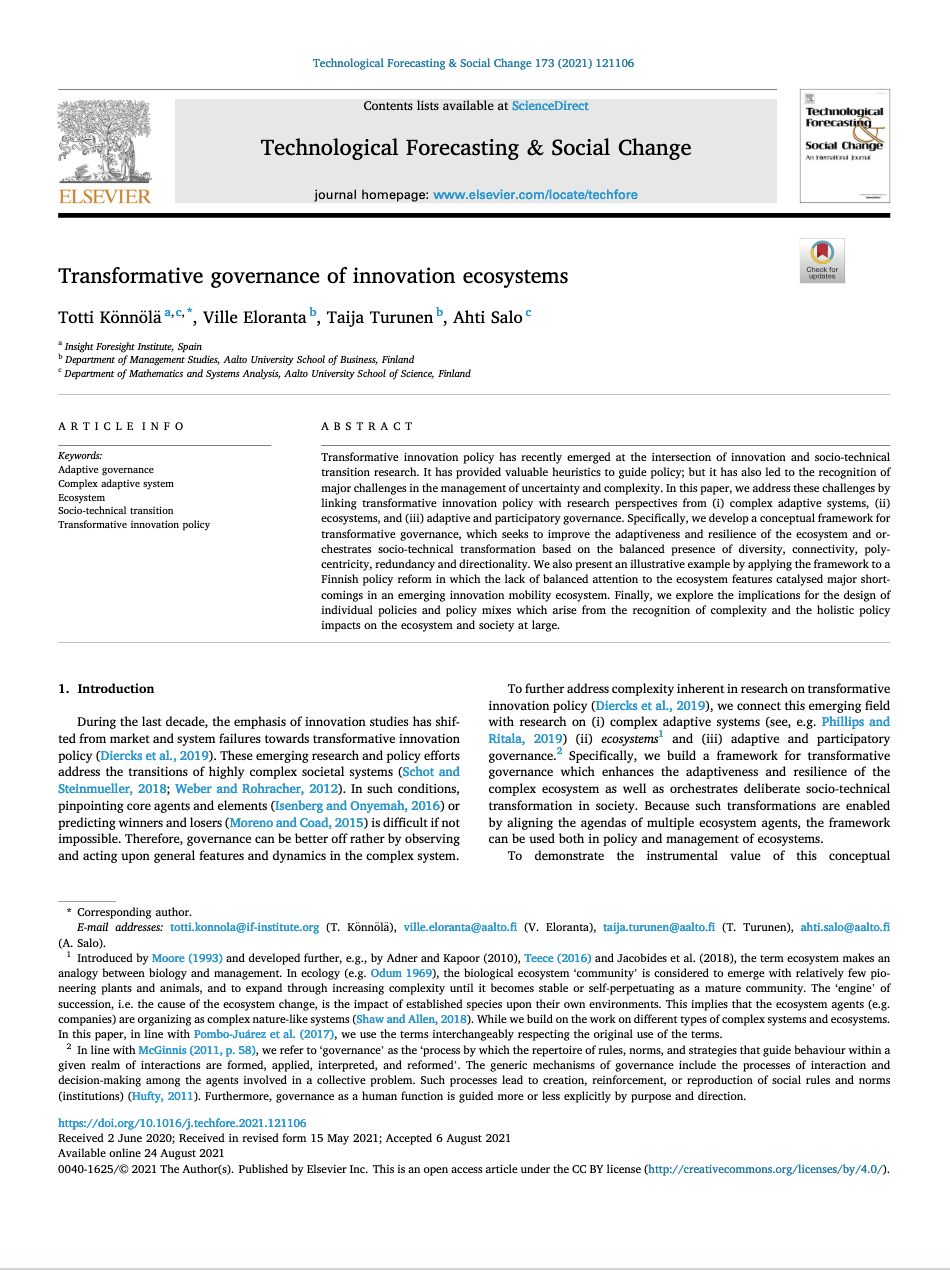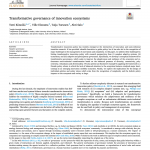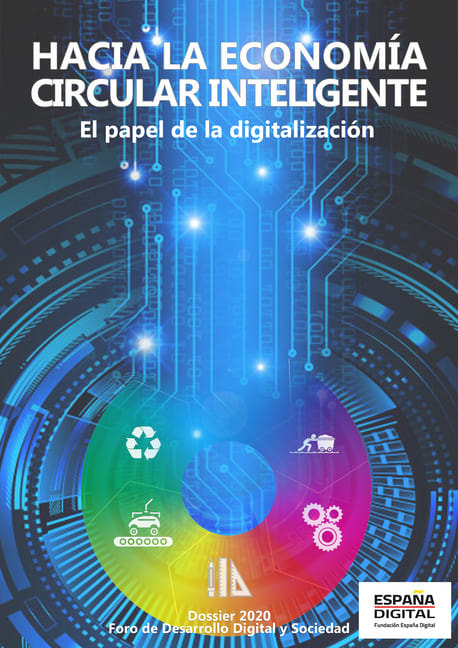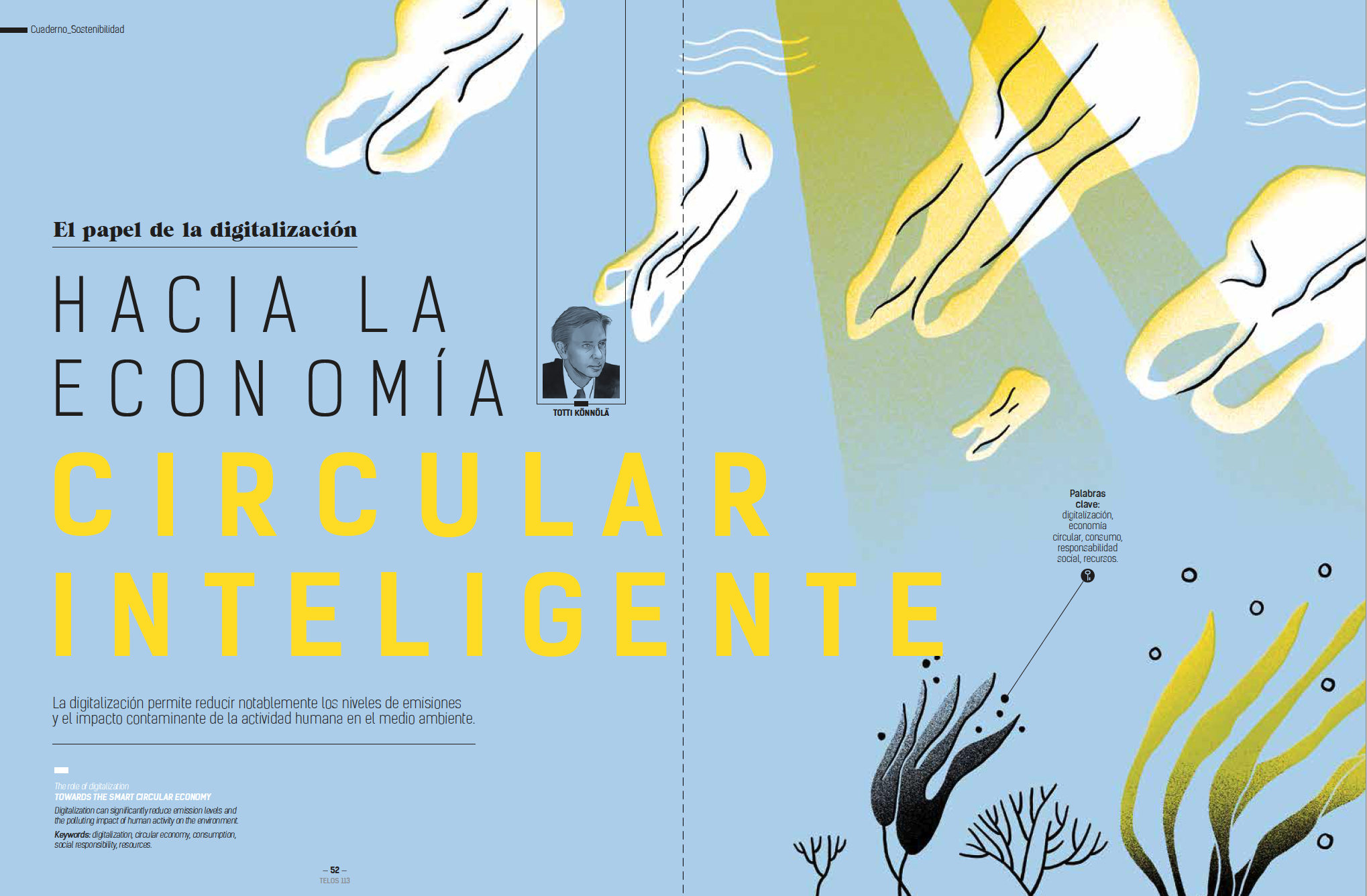As part of ‘the Eye of Europe’ Horizon Europe Project, Insight Foresight Institute organised an in-person stakeholder workshop on ‘Geopolitical & industrial decarbonisation scenarios to identify R&I opportunities for the EU’ on 10-11 April 2025 in Madrid, Spain. The event consisted of debating around a primary issue on the EU’s agenda: how to navigate geopolitical issues to keep decarbonising the continent towards sustainable and competitive sectors.

The workshop gathered more than 30 experts specialised in different areas related to circular economy, decarbonisation, sustainability, innovation, geopolitics etc. The objective was to use foresight methods (scenarios and roadmaps) in order to plan different strategies to navigate industrial decarbonisation. For that matter, three different small groups were created:
- Energy Security and Supply moderated by Attila Havas.
- Critical Raw Materials moderated by Totti Könnölä.
- Manufacturing in Hard-to-Abate Sectors moderated by Karl-Heinz Leitner.


Participants attended this two-day workshop which started with introductory presentations by experts from public institutions such as the European Commission or the Spanish Ministry of Industry. Once participants were put into context, the common scenario work began in the mentioned small groups. The second day, the debate was focused on roadmpaping for R&I needs and emerging areas. The findings and conclusions were gathered in the final plenary and will soon be published on a report.


The dynamic teamwork carried out by participants with such different backgrounds allowed to gather diverse outcomes from the exercise. The decarbonisation process of the European industry has already begun, and it is crucial to consider every factor in order to apply the adequate strategies. From the Insight Foresight Institute’s team we would like to thank all the participants that attended those two days to debate about the future of the decarbonisation process in Europe.
Outcomes
The workshop structured “what-if” geopolitical context scenarios in plenary, and co-constructed in break-out sessions thematic scenarios before switching to a back-casting/ road-mapping sprint, where teams mapped priority research and innovation levers, time-sequenced milestones, and critical policy enablers. This integrated context and thematic scenario work plus road-mapping workflow proved efficient at converting long-range uncertainty into actionable R&I agendas. Its low-tech, dialogue-centred design makes it readily transferable to other domains (e.g., circular-economy transitions, digital sovereignty, climate-adaptation finance). Embedding this type of work as a standing module in EU and national programme formulation could help institutionalise anticipatory thinking, ensure that R&I investments remain robust across multiple futures, and continually refresh cross-sector stakeholder networks.
The workshop leaves no doubt: the EU’s race to net-zero will be played in a hard-edged geopolitical arena. Whether the world turns truly collaborative, reluctant to cooperate, or openly hostile, energy, materials, and heavy industry sit at the top of the agenda. The discussions showed that resilience and decarbonisation are now aligned goals. The EU therefore, needs clean-tech supply chains that can flex with shocks, a grid designed as critical defence infrastructure, and industrial processes able to swap feedstocks overnight. In short, future competitiveness will depend less on today’s cost curves and more on how fast our systems can pivot when the global weather changes.
Three levers stood out for research and innovation:
- Scale green hydrogen, long-duration storage and AI-optimised electro-markets so electrons and molecules move across borders as simply as data.
- Close the raw-materials loop: mine the urban stock, build plants that treat scrap like ore, and bankroll chemistry that cuts out scarce metals altogether.
- Turn heavy industry into a modular “plug-and-play” platform—electrified kilns, hydrogen in direct reduced iron production, high-entropy alloy printers—so the EU can make steel, cement, and chemicals even if trade routes freeze. Each lever works best when knowledge is shared, regulation is quick and carbon footprints are tracked in real time.
For the EU’s R&I policy this means a pivot from cautious projects to bold, scenario-tested portfolios. Horizon Europe’s successor should twin every big grant with a stress-test against multiple geopolitical futures, back open-source patents that widen options for the EU, and fund pilot lines that can be repurposed at speed. Defence, trade, and climate teams better sit at the same table when calls are drafted, while public procurement and emissions trading system (ETS) revenues give innovators the early markets they need. Agile, mission-driven programmes, deep data transparency, and a sharper focus on circular substitution could place the Union where it needs to be: ahead of the curve, whatever the world throws at it.
Additional information
Totti Könnölä. “Geopolitics of Industrial Decarbonisation Workshop Report on Global Scenarios and R&I Opportunities for Europe”, Eye of Europe, Madrid, April 10-11, 2025





